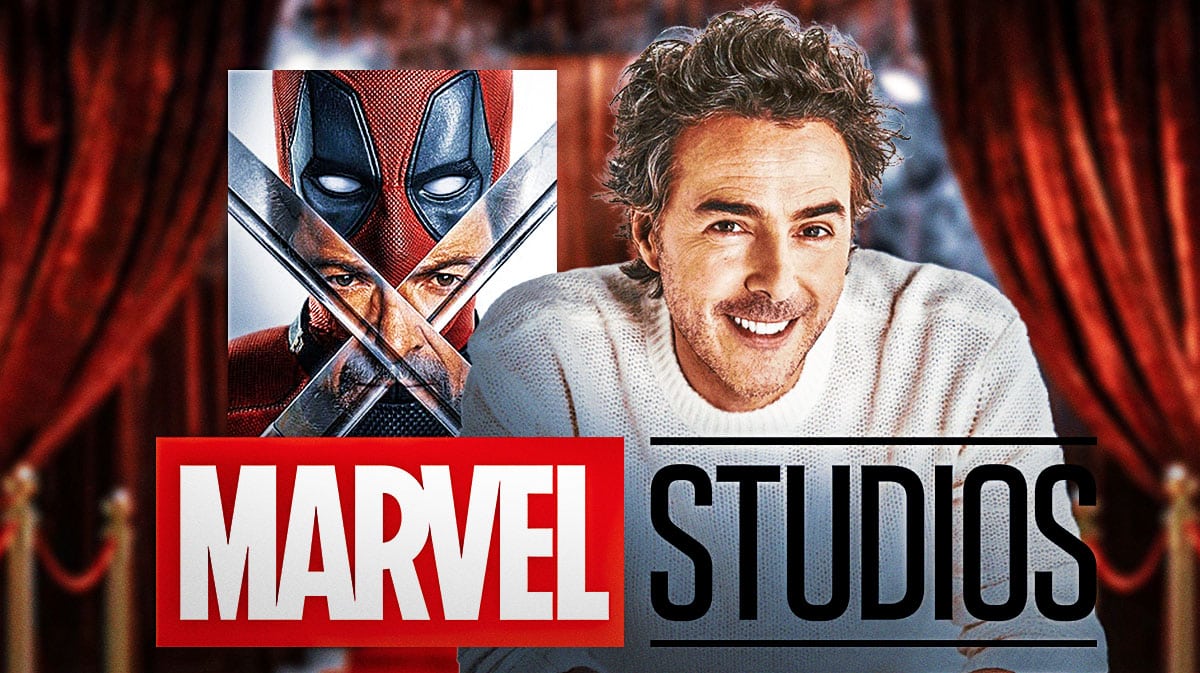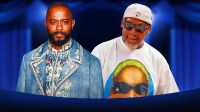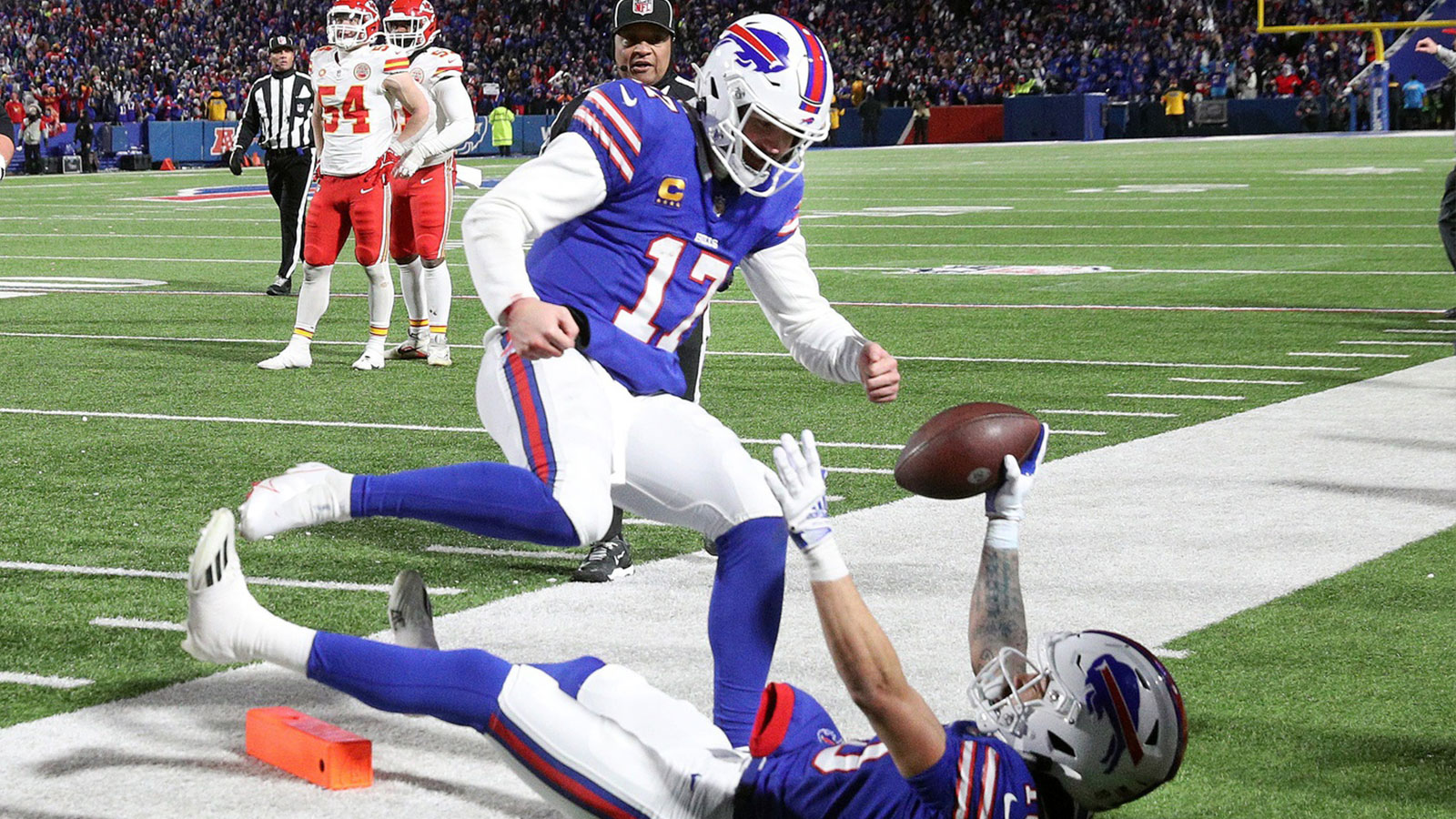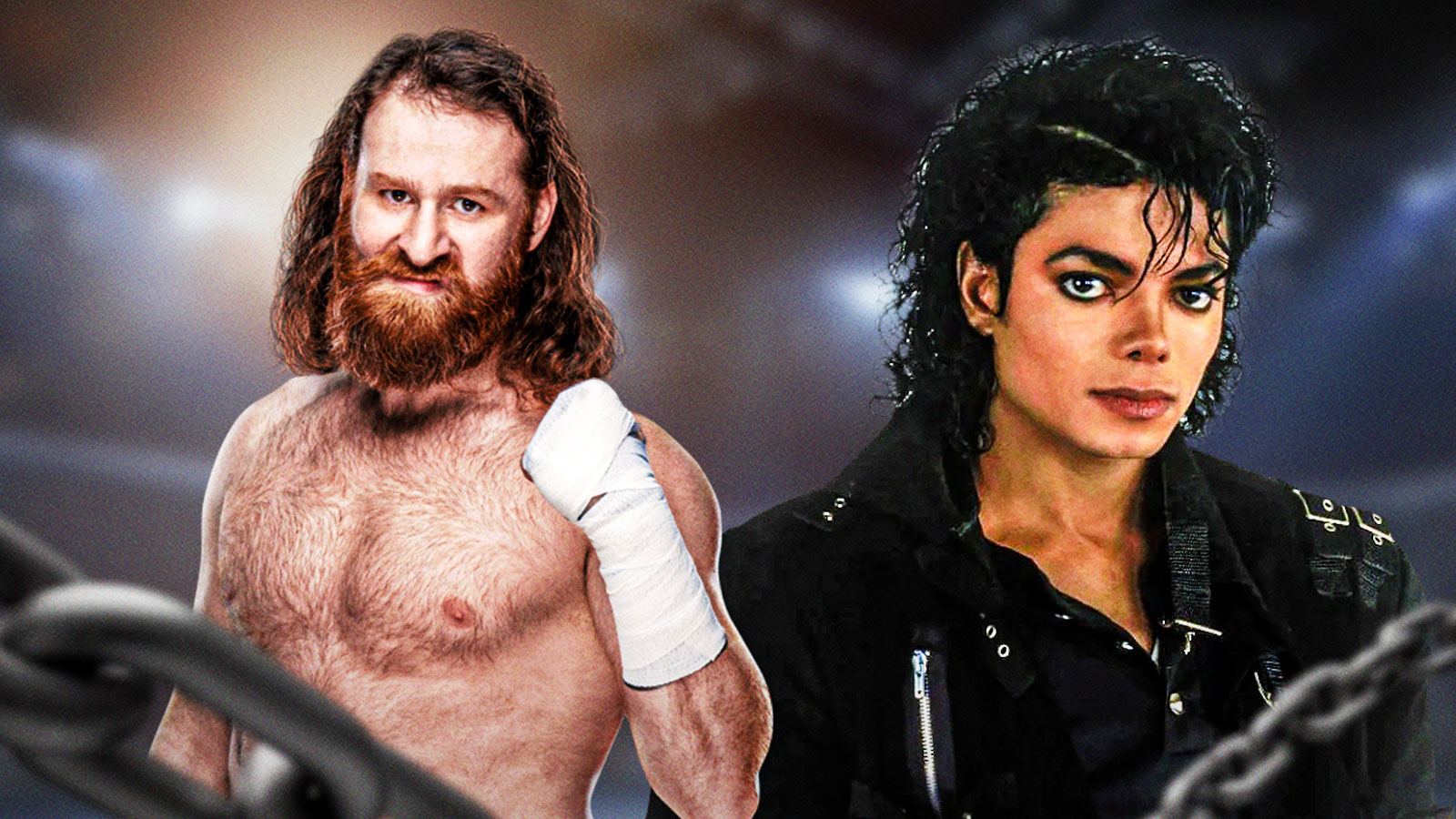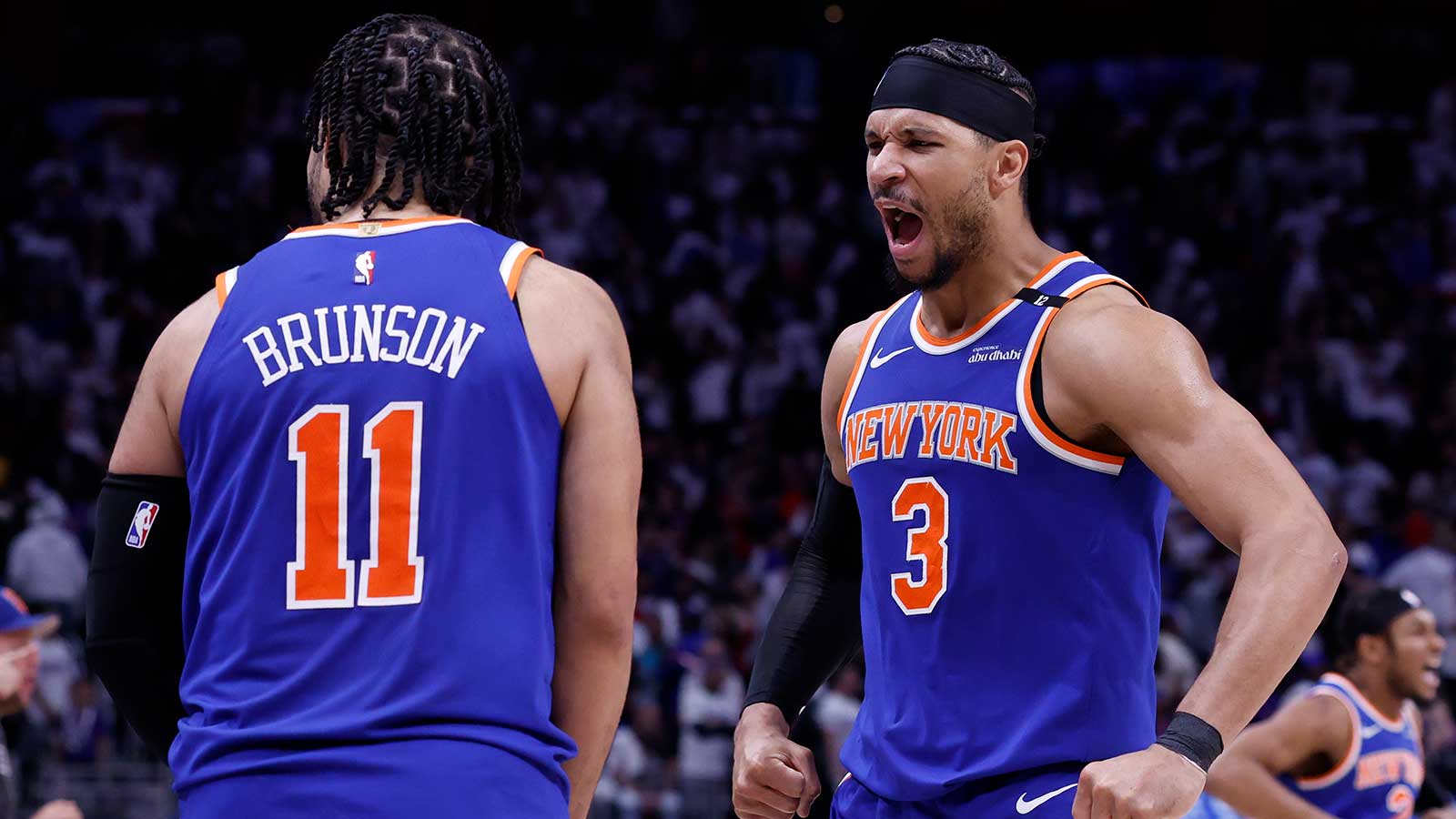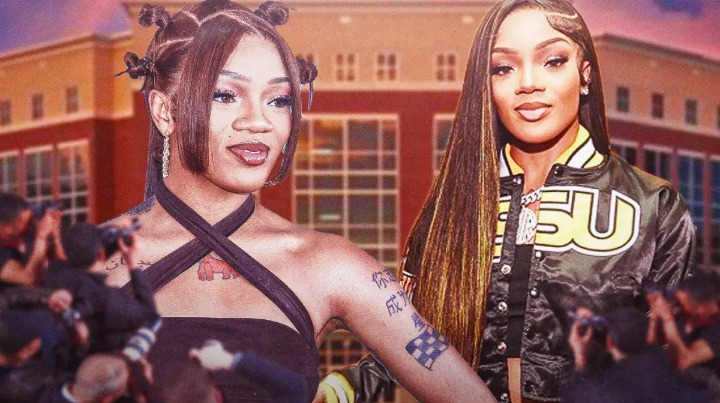Renowned director Shawn Levy recently disclosed that he was in talks to helm DC's ambitious project, The Flash, starring Ezra Miller. Speaking to Entertainment Weekly, Levy revealed that he came close to directing the film “for a brief moment in time,” Screenrant reports. However, he did not elaborate on why the opportunity did not materialize, hinting that it was likely related to the film's storyline and his preference for projects where he sees a compelling narrative worth telling.
“I get offered some IP-based movie every week, and, as you've noticed from a lack of announcements, I pretty much always turn them down because I need to feel that I see a story worth telling.”
Levy, known for his directorial work on projects like Night at the Museum and The Adam Project, emphasized his inclination towards original storytelling over sequels or franchise-based films. Despite being approached frequently with IP-based movie offers, Levy tends to turn them down unless he feels a strong connection to the story and characters involved. This sentiment likely played a role in his decision-making process regarding The Flash.
The Flash's Troubled Journey to the Big Screen
While Shawn Levy's potential involvement with The Flash was short-lived, the film itself has endured a tumultuous journey to its eventual release. Initially anticipated with high expectations, The Flash faced significant challenges that impacted its reception and box office performance.
The movie's troubles began amidst controversy surrounding its lead actor, Ezra Miller, who faced legal issues that overshadowed the film's promotion. Despite attempts to pivot the narrative and focus on the movie's storyline, which included rumors of a Michael Keaton cameo, The Flash struggled to resonate with audiences.
Upon its release, The Flash encountered disappointing box office returns, marking one of DC's biggest financial failures in recent years. The film experienced a substantial drop in ticket sales from its opening weekend, reflecting the challenges it faced in maintaining audience engagement and overcoming negative publicity.
Impact of Controversies and Production Issues
Beyond its financial setbacks, The Flash's journey highlights broader issues within the DC Extended Universe (DCEU). The film's troubled production, coupled with controversies surrounding its lead actor, underscored the challenges faced by DC and Warner Bros. in maintaining momentum and audience trust.
Despite the dedicated support of franchise fans, The Flash struggled to overcome its turbulent production history and the controversies surrounding Ezra Miller. The film's narrative and marketing strategies aimed to appeal to both longtime comic book enthusiasts and general moviegoers, but failed to achieve the desired impact at the box office.
Conclusion
Shawn Levy's brief flirtation with directing The Flash, coupled with the film's subsequent struggles, offers insights into the complexities of filmmaking in the superhero genre. While Levy opted to pursue other creative opportunities, The Flash faced formidable obstacles that affected its critical reception and commercial success.
As DC continues to navigate its cinematic universe, the challenges posed by production issues, casting controversies, and audience expectations remain significant. The Flash serves as a cautionary tale about the delicate balance between creative vision, audience reception, and the realities of Hollywood filmmaking.
Looking ahead, both filmmakers and audiences alike will scrutinize future DC projects, hoping for a balance of compelling storytelling, cinematic innovation, and successful box office performance. The legacy of The Flash underscores the importance of careful planning, effective marketing, and maintaining creative integrity in the ever-evolving landscape of superhero cinema.

